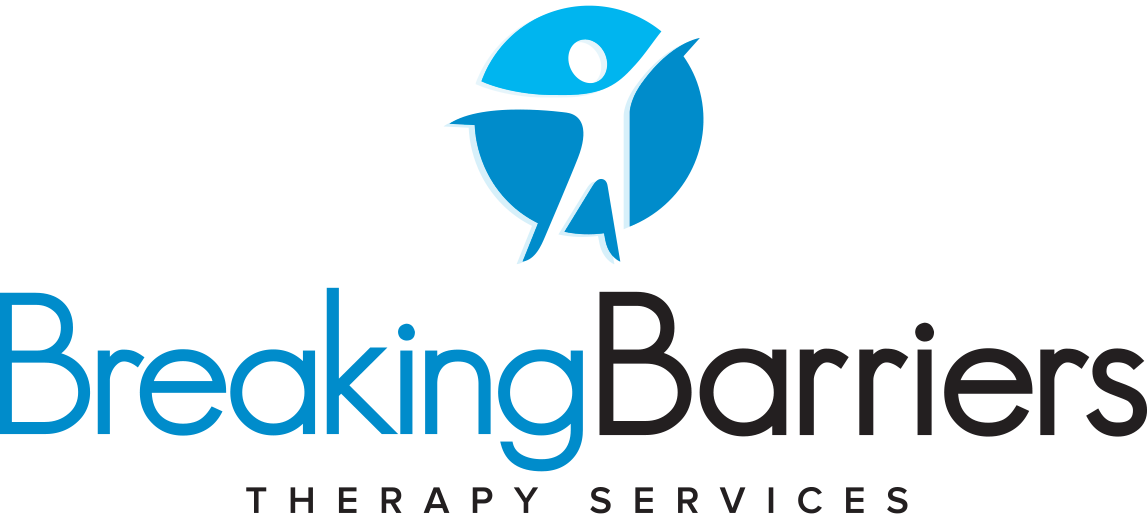
Applied Behavior Analysis Therapy
Break barriers and make potential possible
COMMUNICATION
SOCIAL SKILLS
BEHAVIOR MANAGEMENT
DAILY LIVING SKILLS
What is Applied Behavior Analysis (ABA), and how does it work?
Bring Forth Meaningful Change
Applied Behavior Analysis (ABA) is a revolutionary therapy that holds the power to make a profound impact on a child's life. It is a science-backed, evidence-based approach to understanding behavior and making lasting change.
ABA Therapy is often used as a therapeutic and educational intervention for individuals with autism spectrum disorder (ASD) and other developmental disorders, such as oppositional defiant disorder (ODD), attention-deficit / hyperactivity disorder (ADHD), and other neurodevelopmental challenges or injuries.
Through our carefully structured neuro-affirming, accent-based approach, we teach:
Communication skills
Cognitive skills
Social skills
Behavior management
Daily living skills
How We Help
How can we help make potential possible?
Let's embark on this incredible journey together, unlocking your child's true potential one step at a time. Our ABA therapy is geared toward your child's unique needs, ensuring we understand your child as an individual and not a diagnosis.
Our strategies are designed for real-world interactions, settings, and situations and mimic the context in which your child will find themselves — play activities, playgrounds, school, meal times, and more.
We collaborate with parents, caregivers, educators, and associated therapists, such as occupational therapists, speech-language pathologists, and/or other professionals, as needed. Together, we break down the walls that limit your child's potential, creating a supportive network of compassion, understanding, and growth. Allow yourself to take a deep breath, embrace hope, and trust in the transformative power of ABA Therapy.
With the power of positive reinforcement, we celebrate every milestone, fostering a sense of accomplishment, confidence, and joy.
Our Approach
Naturalistic, neuro-affirming, and assent-based approach to long-lasting change.
We offer both in-home and in-clinic sessions, supported by dedicated practitioners who are highly trained and up-to-date with the latest trends in therapeutic care.
Observation and assessment analysis
Determining the function or purpose of a behavior(s) and understanding its purpose is crucial for developing effective interventions and determining the treatment time required. The process will involve formal and informal measures, direct observation, interviews, and identifying patterns, triggers, and challenges. Collecting this information will help us understand what happens before and after a behavior occurs.
Targeted interventions
Our ABA practitioners design individualized intervention plans based on the information and assessment analysis. These plans often involve reinforcement strategies such as rewarding desirable behaviors and strategies for reducing challenging behaviors. Teaching and skill-building
Teaching and skill-building
Sessions will focus on teaching new skills and behaviors, such as communication, social interaction, self-regulation, and learning strategies. These are broken down into smaller, achievable steps to facilitate learning.
Commitment requirements will vary, and we will be with you every step of the way.
If your child has higher needs in behavioral, adaptive, communication, and social skills, a comprehensive program is recommended. This typically consists of 20-40 hours per week and will allow us to address the child's needs in all areas across settings.
A focused program may be recommended for children who have needs in fewer areas or are less intensive. This typically consists of 15-20 hours per week.
Progress is continually monitored through data collection and analysis, and as needed, we adjust our programs based on the individual's progress and changing needs.
We are your child’s and family's village of support.
4 Key Benefits of ABA Therapy
One 1
Behavior Improvement
ABA therapy is highly effective in addressing challenging behaviors. It helps children reduce problem behaviors (e.g., tantrums, aggression, self-injury) and replace them with more successful strategies and socially appropriate skills. Using neuro-affirming behavior modification techniques and positive reinforcement, ABA helps children learn how to communicate their needs and navigate social situations more effectively.
Three 1
Individualized Treatment
Highly individualized ABA therapy programs are tailored to the child’s specific needs and goals. This personalized approach ensures that therapy addresses the child's unique strengths and challenges, increasing the likelihood of successful outcomes. ABA therapy can be adapted to the child's age, skill level, and interests, making it a flexible and comprehensive intervention.
Two 1
Skill Development
Excellent for skill development, ABA therapy breaks down complex skills (e.g., communication, self-regulation, activities of daily living, social) into smaller, manageable steps. This approach allows children to learn and practice these skills incrementally, leading to meaningful progress over time. It helps children acquire the skills necessary for greater independence and a higher quality of life.
Four 1
Parent Training & Support
Supportive and individualized parent education of the ABA therapy program and tools are tailored to the parent empowering them to facilitate the child’s specific needs beyond the therapy. This promotes success outside of sessions, setting up the family for continued success.
Ready to join our village?
3 simple steps to get started:
STEP 1
Schedule a Free Consultation
Contact us by phone or email to discuss how we can help decide the next steps forward.
STEP 2
Connect & Plan
Meet with our expert therapist for an assessment so we can customize an individual plan for your child.
STEP 3
Explore Possibilities
Follow the guidance and plan we create together. Start seeing positive changes and celebrate every success!

"We have been bringing our two boys to Breaking Barriers for over a year now, and we LOVE them! Our kids have made so much progress and love all of the therapists that they’ve worked with. With an incredible speech therapist, and awesome OTs.
The BCBAs have been so easy to work with, and RBTs are the best! The admin staff are always so caring and willing to help. Thank you for building this great company. It has made such a difference in our kids’ lives.”
Marjorie G
“We love our RBTs! They have been very motivational and professional with our newly diagnosed 17yr old son with Autism. He is progressing quickly and learning great skills.💕Breaking Barriers💕 The BCBAs and RBTs are the Best.”
Heather H.
Frequently Asked Questions about ABA
-
Yes. We do. Please see details on Insurance & Grants.
-
Yes, if you plan to utilize insurance, a physician referral will be necessary for ABA. You will also need documentation of an Autism diagnosis (unless your insurance plan specifies otherwise). If you have concerns, you can be proactive by talking to your doctor today. They may email or fax the referral to us at office@breakingbarrierstherapy.com or 8013418724.
If you are utilizing our private pay services, a pediatrician referral is not necessary. If your situation changes and you decide to utilize your insurance benefits, a referral will be required.
-
This is an opportunity to discuss your concerns and determine the right therapeutic path for you and your family. Logistics will be discussed regarding insurance, payment, and scheduling. We are here to help; this is a great time to ask questions. This may be done in person or over the phone. Your child is not required to be present for the consultation. If it’s determined that your child may benefit from therapies, the insurance coordinator will begin the authorization process.
-
This may take about 2-4 weeks, depending on the insurance company’s turnaround time.
-
The ABA promise is delivered with consistently high-frequency visits. You can expect to have therapy sessions 4-5 times per week, depending on the child’s prescription.






